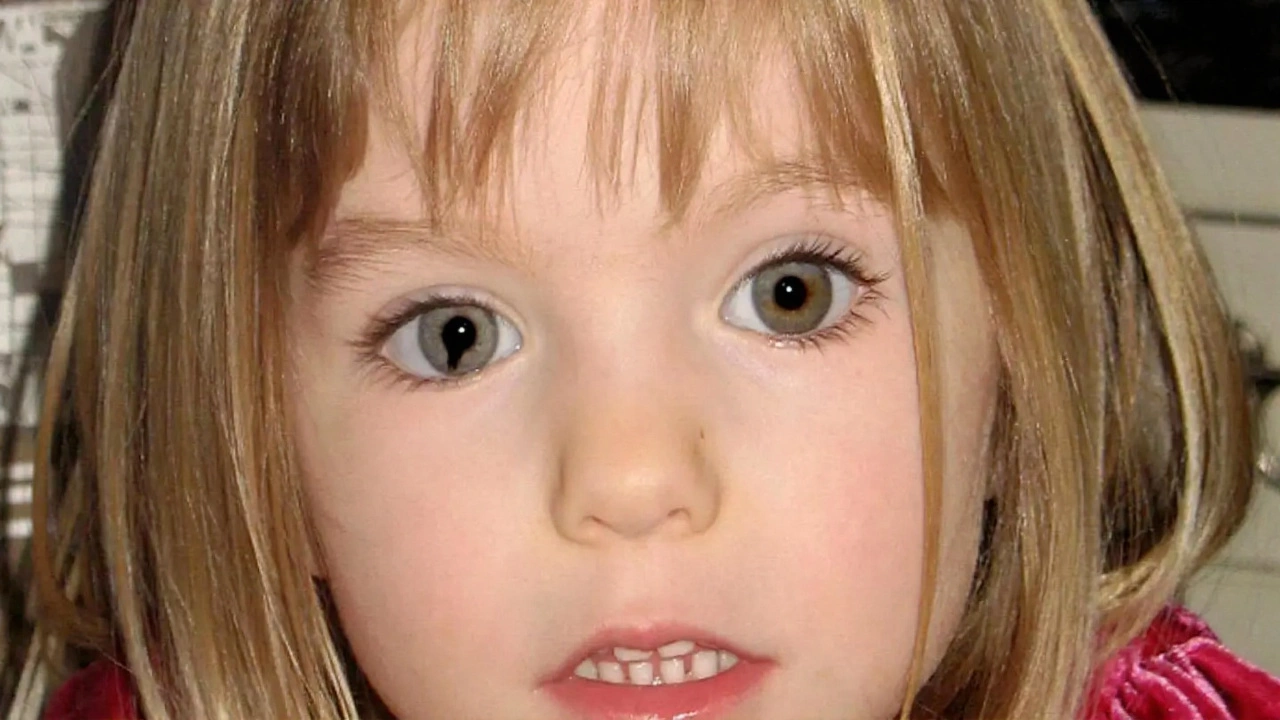
When Julia Wandelt, a 24‑year‑old from Poland, turned up at the McCanns' Leicestershire house on 7 December 2024, the scene unfolded like something out of a tabloid thriller.
Kate McCann and her husband Gerry McCann had to confront a woman who was literally calling them "mum" and begging for a DNA test – all while a 61‑year‑old accomplice, Karen Spragg from Cardiff, hovered nearby.
That fateful encounter is now the centerpiece of a high‑profile stalking trial at Leicester Crown Court, where the prosecution must decide if Wandell’s relentless harassment breaches the Protection from Harassment Act 1997.
Background: The disappearance that still haunts the world
On 3 May 2007, Madeleine McCann, then three, vanished from her family’s apartment in Praia da Luz, Portugal. The case became a global obsession, spawning countless theories, documentaries and, inevitably, a parade of self‑styled claimants.
Over the years, more than a dozen individuals have publicly asserted they are the missing girl or claim to hold crucial clues. None have stood up to forensic scrutiny, and the mystery remains unsolved.
Julia Wandelt's claim and the 2024 confrontation
Wandelt first contacted the McCanns in June 2022, sending a series of emails that referenced obscure details from the 2007 case – details that, investigators later concluded, were lifted from publicly available reports.
Between June 2022 and February 2025, she allegedly placed over 150 phone calls, sent 80 text messages and 20 emails. "She kept saying ‘I’m your daughter, Kate, you have to test me’", Kate McCann testified, recalling a blue‑curtained courtroom where she felt both furious and oddly compelled to end the saga.
The climax came on 7 December 2024. Wandell, accompanied by Spragg, marched up the path to the McCanns' home in Rothley, Leicestershire. "She wouldn’t let me close the front door," Kate said, describing how Wandell pressed her hand against the knob while repeatedly pleading, "Do the DNA test, mum." Spragg, described by Kate as "slightly more aggressive", asked, "Don’t you want to find your daughter?" The encounter lasted less than ten minutes, but its emotional fallout stretched for months.
Legal proceedings at Leicester Crown Court
On 8 October 2025, the case opened as Wandell v. McCannLeicester. The prosecution, led by Crown Prosecutor Sarah Jennings, argued that Wandell’s conduct satisfied the statutory threshold for stalking: a pattern of unwanted communication that caused "serious alarm or distress".
Gerry McCann recalled answering one of the many calls: "You're not Madeleine," he said, "I made it very clear these were unwanted calls. To be honest, it was a bit of a blur." He added that the sheer volume of contact made it feel like a relentless buzzing in his head.
Wandell and Spragg both pleaded not guilty to the single count of stalking, denying that their actions amounted to a criminal offense. Their defence team stressed that Wandell believed she was the missing child – a belief they argue negates the malicious intent required under the Act.
The judge, Justice Helen Cartwright, reminded the courtroom that the trial’s remit is narrow: "We are not here to solve the 2007 disappearance, but to determine whether the behavior violated the Protection from Harassment Act."

Reactions from the McCann family
Kate McCann, testifying from behind a blue curtain, said the harassment had "got to me" but that she never truly considered the DNA test viable – "I knew from photographs he wasn't my daughter". Still, she admitted the stress pushed her to the brink of compliance, a sentiment echoed by many parents who've faced false claimants.
Gerry McCann, visibly weary, added, "We just want to live our lives without strangers knocking on our door and demanding proof that we’re not the ones they’re looking for." The couple has largely stayed out of the media spotlight since the 2007 case opened, but moments like these thrust them back into the public eye.
Implications and expert commentary
Legal analyst Dr. Priya Kapoor of the University of Nottingham noted, "Stalking laws were designed for situations where the victim feels threatened, not for delusional claimants. The court will have to balance intent against impact." She also warned that high‑profile false‑identity cases could encourage copycats, further muddying the waters for genuine missing‑person investigations.
For law‑enforcement officials, the case underscores the challenge of sifting through digital footprints. "We extracted over 1.2 TB of data from Wandell’s phone and Spragg’s email accounts," a senior officer said under anonymity, "Only a fraction proved genuine harassment; the rest was empty noise."
Meanwhile, child‑abduction charities stress the importance of keeping the public educated about verification. "If someone claims to be a missing child, the first step is a DNA test – many families have already done that," said a spokesperson for Missing Children Europe.

What’s next?
The trial is slated to continue through November, with forensic experts expected to testify about the digital evidence and a possible psychologist to assess Wandell’s mental state.
If the jury returns a guilty verdict, Wandell could face up to five years in prison under the 1997 Act. An acquittal, however, would raise unsettling questions about the legal thresholds for "harassment" in cases driven by delusional belief.
- December 7 2024 – Wandell and Spragg confront the McCanns at their home.
- October 8 2025 – Trial begins at Leicester Crown Court.
- June 2022‑February 2025 – Period of alleged stalking communications.
- Potential sentence – up to five years if convicted.
Frequently Asked Questions
How does this case affect families of missing children?
It highlights the emotional toll false claimants can inflict, prompting families to seek legal protection and reinforcing the need for clear verification processes, such as DNA testing, to shield loved ones from harassment.
What legal standard must be met for a stalking conviction?
Under the Protection from Harassment Act 1997, prosecutors must prove a pattern of unwanted conduct that caused the victim serious alarm or distress. Intent to harass isn’t required if the impact is sufficiently severe.
Why did Kate McCann consider a DNA test?
The relentless pressure made her think a test might finally shut the door on Wandell’s claims. Even though she recognised the photos didn’t match her daughter, the desire to end the stress outweighed the cost of testing.
What precedent does this trial set for future false‑identity claims?
A conviction would signal that persistent, unsolicited contact—even if driven by delusion—can be punished, potentially deterring similar campaigns. An acquittal might encourage claimants to believe they can evade liability by claiming sincere belief.
When is the next court date?
The next scheduled hearing is set for 12 November 2025, when forensic experts will present their analysis of the digital evidence collected from Wandell and Spragg’s devices.
